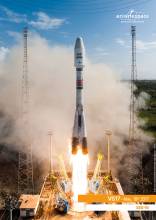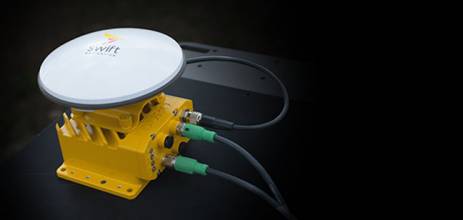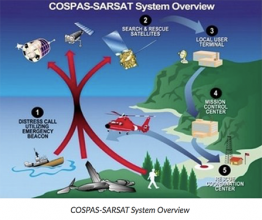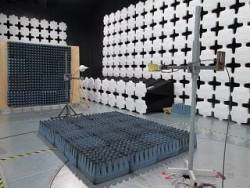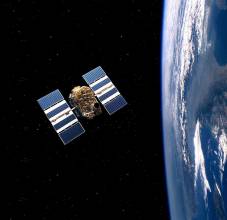Rockwell Collins, QinetiQ Sign Alliance Agreement on Next-Generation GNSS Receivers
 Photo source: Rockwell Collins.
Photo source: Rockwell Collins.Rockwell Collins and QinetiQ have signed a global alliance agreement to collaborate on the development of next-generation, multi-constellation open service and secure GNSS receivers.
The partnership is designed to develop a multi-constellation open service offering as both companies look to help address critical mission requirements of government and military customers as well as infrastructure operators.
By Inside GNSS
